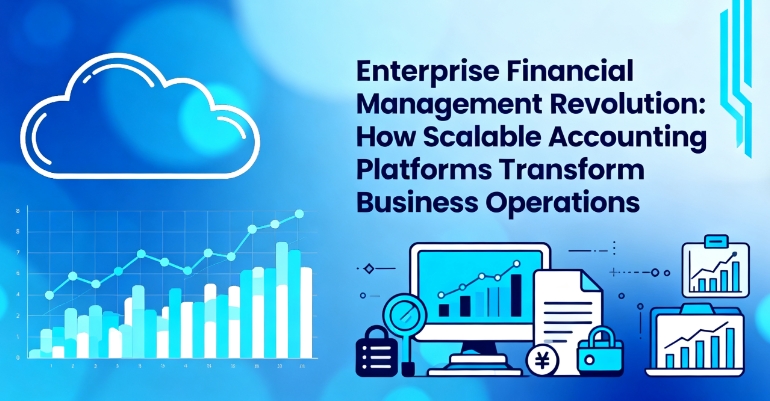Understanding AML Software: Features and Advantages
This article explores the key features and benefits of AML software, emphasizing how it helps organizations detect and prevent money laundering activities. It covers essential functions like customer verification, transaction monitoring, alert management, and data security. Additionally, it highlights popular providers and offers tips for selecting the best AML solution for your business. Implementing AML software is crucial for maintaining regulatory compliance and safeguarding organizational reputation against financial crimes.

Understanding AML Software: Features and Advantages
Combatting money laundering is a top priority for businesses worldwide. Money laundering involves illegal financial activities like funneling funds to offshore accounts, misappropriating client funds, and earning profits unlawfully. Such practices can damage a company’s reputation and jeopardize future growth due to legal repercussions. Fortunately, anti-money laundering (AML) solutions aid organizations in identifying and preventing these illicit activities.
What is AML software?
AML systems employ sophisticated technologies to oversee and analyze financial transactions both within and outside an organization.
Financial institutions utilize AML tools to monitor deposits in foreign banks, detect illegal financial schemes, identify extortion tactics, high-interest anomalies, audit inconsistencies, fraudulent accounting, and more. Manual monitoring is practically impossible; hence, AML software serves as an indispensable tool alongside other preventive measures.
Various AML software solutions cater to banks, financial entities, investors, fintech firms, and other organizations dealing with frequent monetary exchanges. Their application spans multiple sectors to thwart fraudulent transactions.
Key features and benefits of AML technology
AML solutions enhance customer security, mitigate legal risks, and safeguard corporate reputation. It's essential to understand their core features to choose the right product:
Customer Verification & Document Management
Handling thousands of client profiles requires up-to-date verification. AML software helps institutions verify identities through government-issued IDs, ensuring authenticity, and blocking fake or duplicate profiles. This process prevents identity theft and fraud.
Account Oversight
Manual tracking of multiple accounts is challenging and error-prone. AML systems enable real-time monitoring of various accounts—checking, savings, investment, brokerage—ensuring that suspicious activity is promptly identified and addressed.
Transaction Oversight
Monitoring all transactions ensures legality, especially for foreign accounts. If a transaction appears suspicious—like transfers to high-risk jurisdictions—immediate action can prevent money laundering.
Alert System
Most AML platforms feature alert mechanisms that notify officials about irregular or suspicious activities, such as large, undocumented transactions. Customizable alerts allow better control, helping prevent financial crimes and legal issues.
Rebate & Refund Screening
Some systems facilitate inspection of refund transactions, ensuring compliance and spotting odd patterns, thus preventing misuse or fraud.
Data Security & Compliance
Protection of sensitive client data is critical. AML tools incorporate security measures like restricted access to prevent data breaches and support legal compliance regarding financial and personal information.
The features outlined demonstrate how AML software benefits financial institutions and businesses involved in large transaction volumes by preventing illicit activities and ensuring data safety. When selecting software, providers such as SEON, ComplyAdvantage, FICO Tonbeller, and Trulioo offer various options. Comparing features and costs helps find the best fit.










